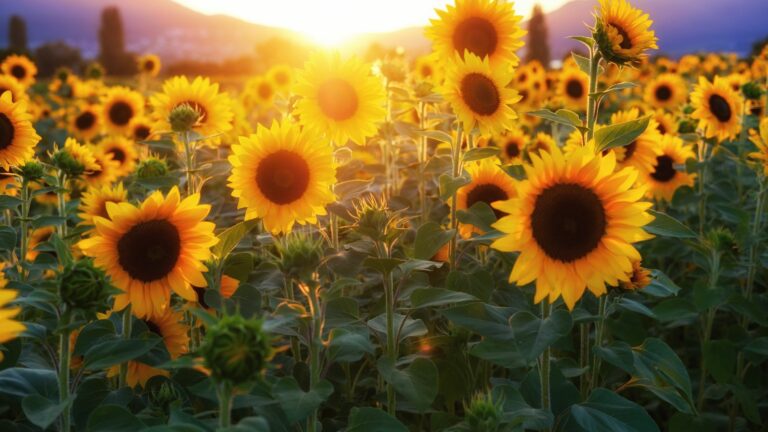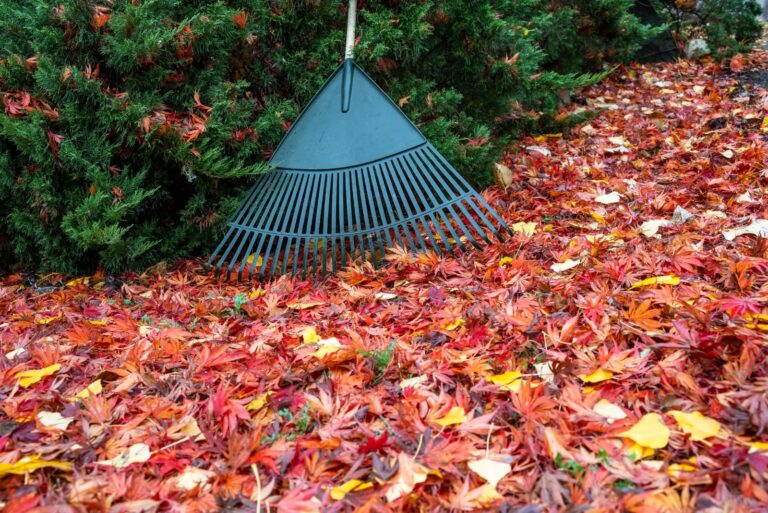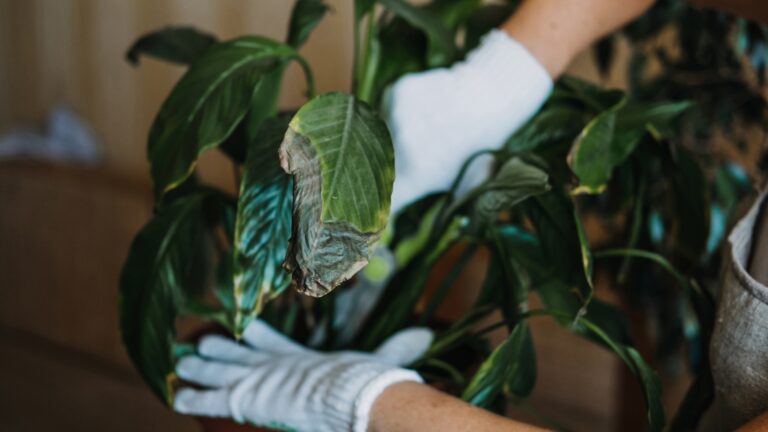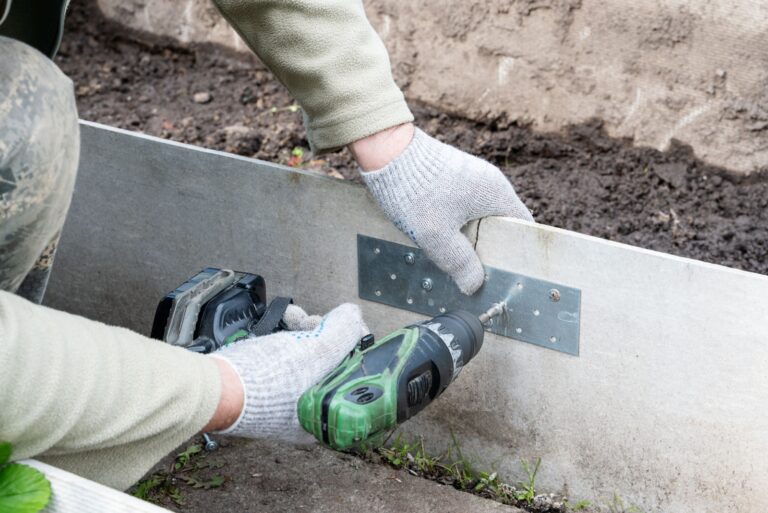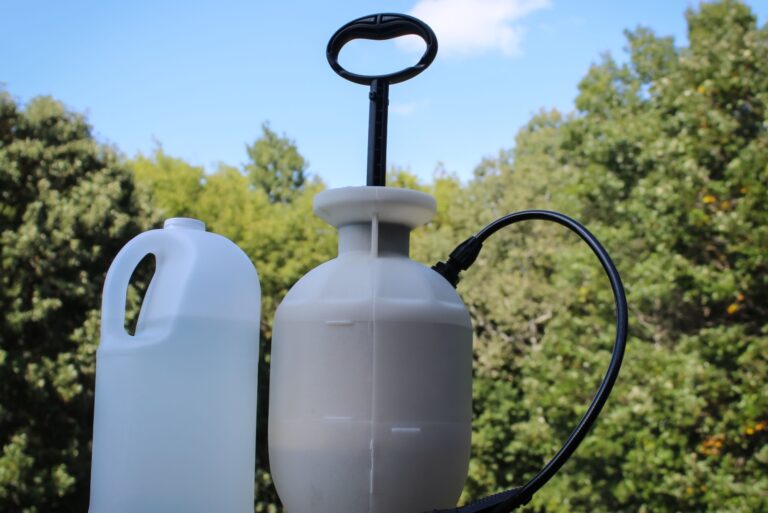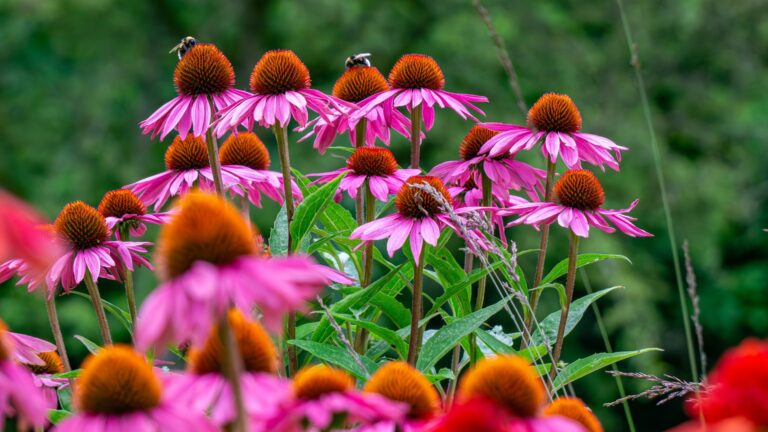Why Insect Numbers Are Plummeting Worldwide And What Gardeners In Georgia Should Do About It
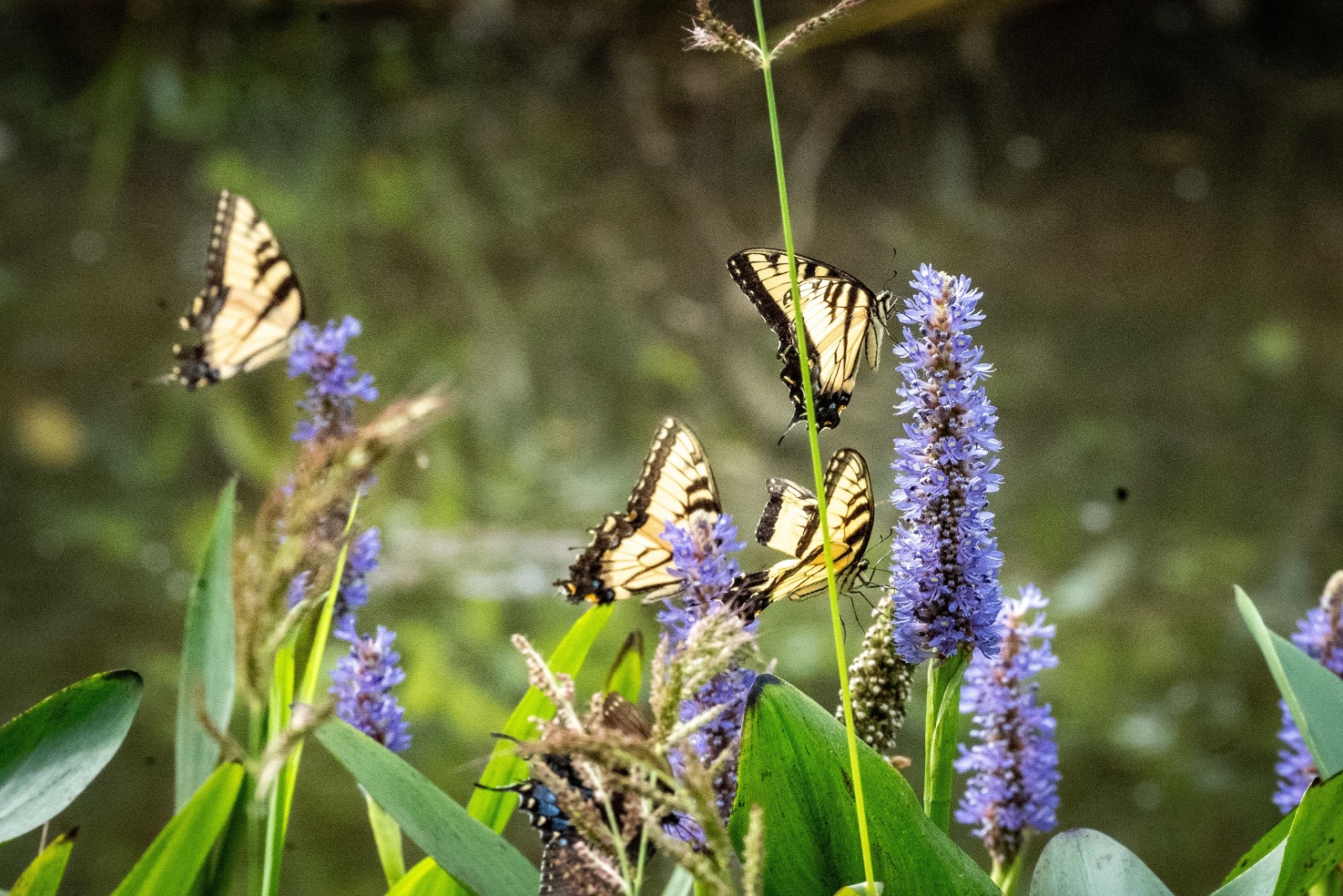
Insects are disappearing at an alarming rate around the world, and scientists are worried about what this means for our planet. These tiny creatures play huge roles in pollinating plants, breaking down waste, and feeding other animals.
Georgia gardeners have a special opportunity to make a real difference by creating safe spaces where insects can thrive and multiply.
1. Plant Native Georgia Flowers And Shrubs
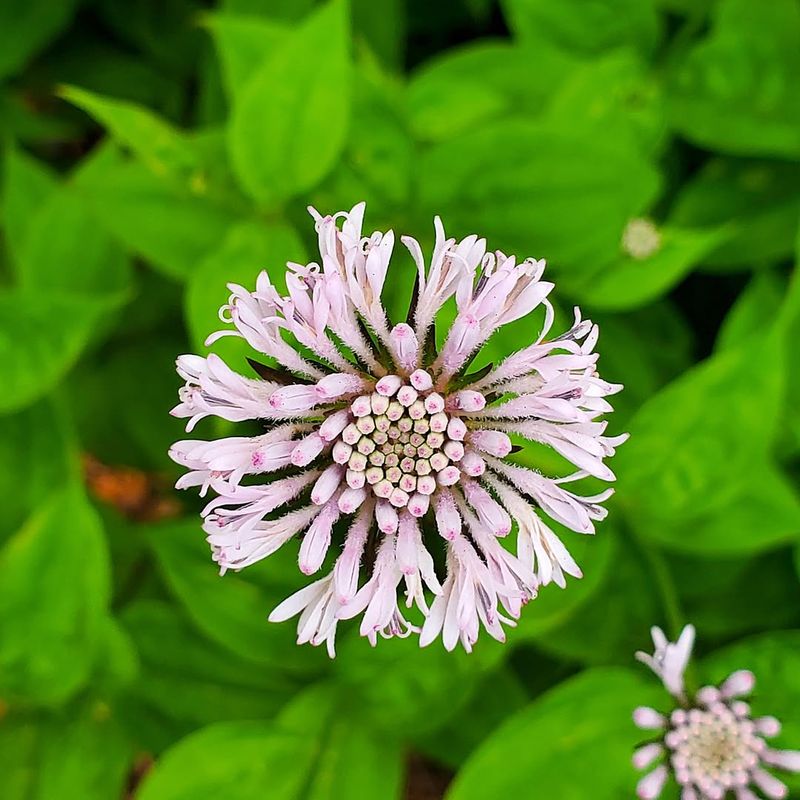
Georgia’s native plants evolved alongside local insects for thousands of years, creating perfect partnerships. Butterflies, bees, and beetles rely on specific native plants for food and shelter that non-native species simply can’t provide.
Consider adding blazing star, coneflowers, or black-eyed Susans to your garden beds. Native azaleas and vibrant coral honeysuckle also attract beneficial insects while looking beautiful year-round.
Local insects recognize these plants instinctively and flock to them for nectar and pollen.
2. Stop Using Chemical Pesticides And Herbicides
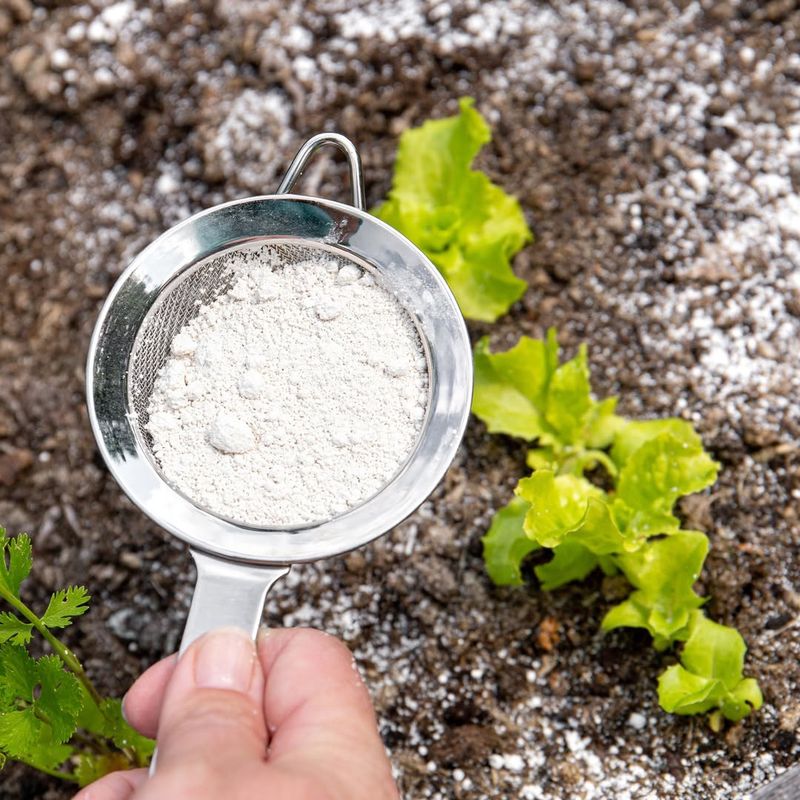
Pesticides don’t just destroy the bugs you consider pests—they wipe out helpful insects too. Many common garden chemicals linger in soil and water, poisoning butterflies, beetles, and ground-dwelling insects for weeks or months afterward.
Georgia’s warm climate means natural pest control methods work exceptionally well here. Try companion planting, hand-picking pests, or introducing ladybugs instead of reaching for toxic sprays.
Your garden will become a genuine sanctuary where beneficial insects can survive and reproduce safely.
3. Create Undisturbed Wild Areas In Your Yard
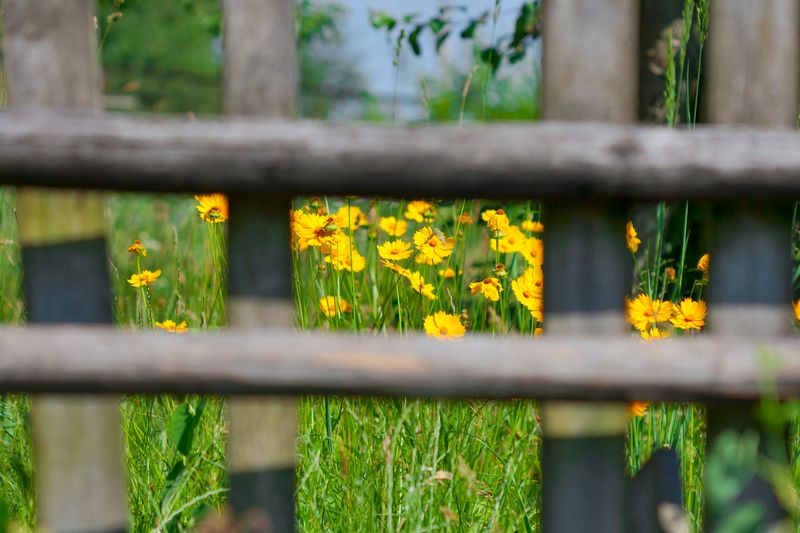
Not every square inch of your property needs to look manicured and perfect. Leaving some corners wild provides critical habitat for ground-nesting bees, overwintering butterflies, and countless other beneficial species.
Let fallen leaves pile up naturally in one section, or allow native grasses to grow tall and go to seed. These messy spots become bustling insect neighborhoods where creatures find food, shelter, and nesting materials.
Wild areas also reduce your maintenance work while supporting biodiversity.
4. Provide Water Sources For Thirsty Insects
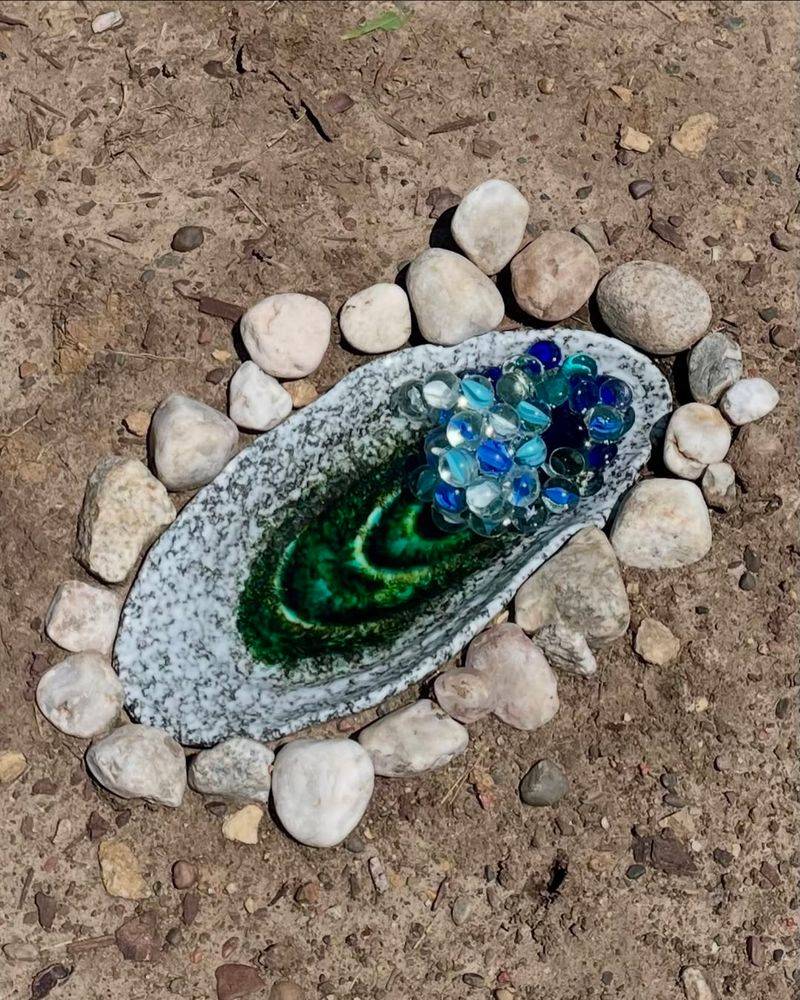
Georgia summers get scorching hot, and insects need water just like any other living creature. Butterflies, bees, and beetles will visit shallow water sources repeatedly throughout the day to stay hydrated and cool.
Set up a simple butterfly puddling station using a shallow dish filled with sand, pebbles, and water. Change the water every few days to prevent mosquito breeding.
Position these watering spots near flowering plants where insects are already gathering for maximum effectiveness and convenience.
5. Install Bee Hotels And Insect Shelters
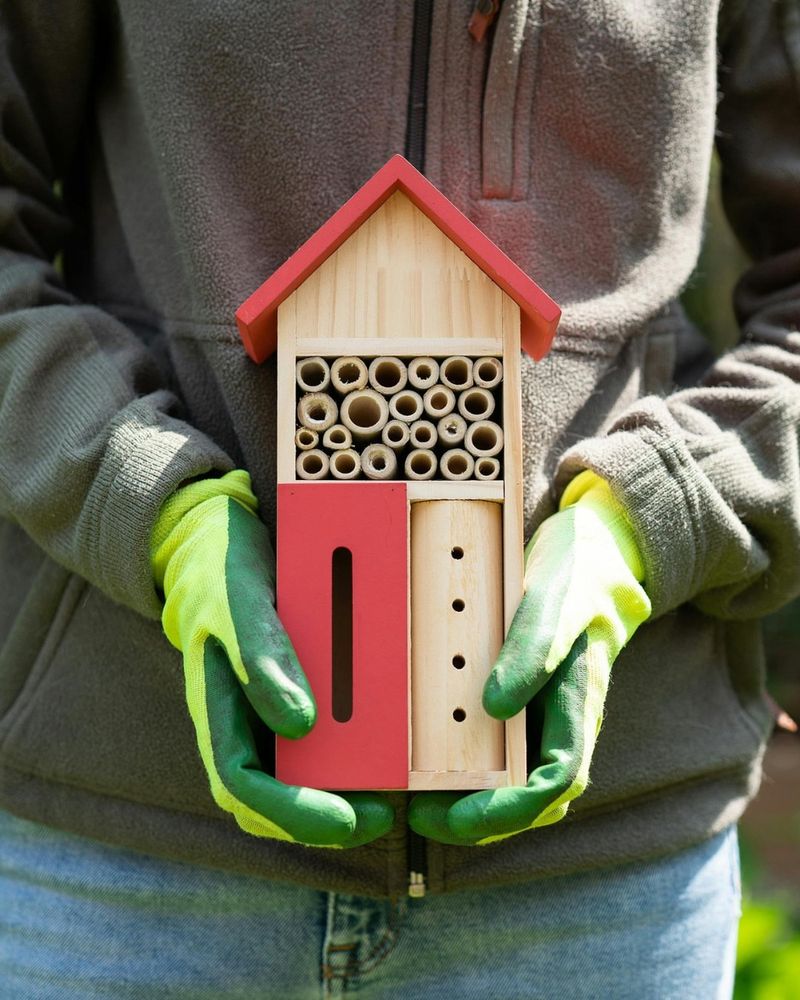
Many beneficial insects struggle to find safe nesting spots in modern landscapes. Solitary bees, which are excellent pollinators, need hollow tubes or drilled wood blocks to lay their eggs and raise their young.
You can easily build or purchase bee hotels featuring bamboo tubes of various sizes. Place them in sunny, protected spots around your Georgia garden, facing southeast for morning warmth.
Mason bees and leafcutter bees will quickly discover and occupy these artificial homes, boosting pollination throughout your property.
6. Grow Plants That Bloom Across All Seasons
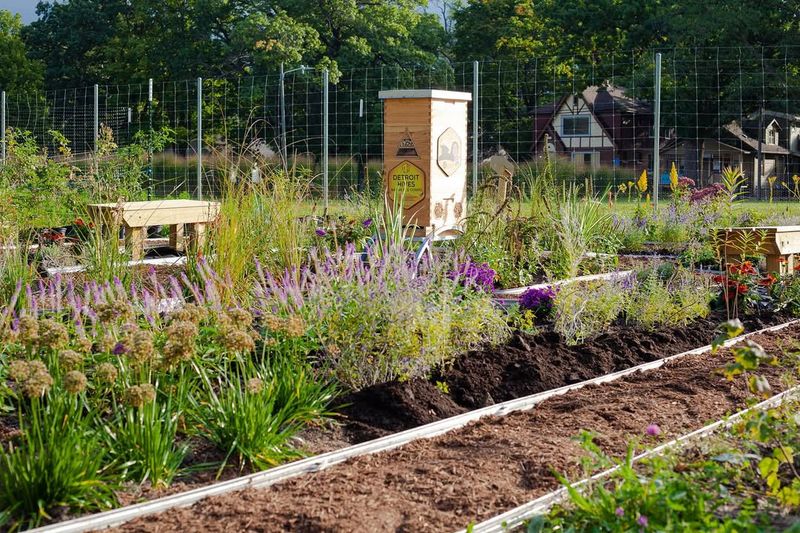
Insects need consistent food sources from early spring through late fall to complete their life cycles successfully. Planting flowers that bloom at different times ensures something is always flowering when hungry pollinators emerge.
Start with spring-blooming redbuds and serviceberries, add summer coneflowers and milkweed, then finish with fall asters and goldenrod. Georgia’s extended growing season makes this strategy especially effective here.
Continuous blooms mean insects can find nectar during critical breeding and migration periods throughout the year.
7. Reduce Outdoor Lighting At Night
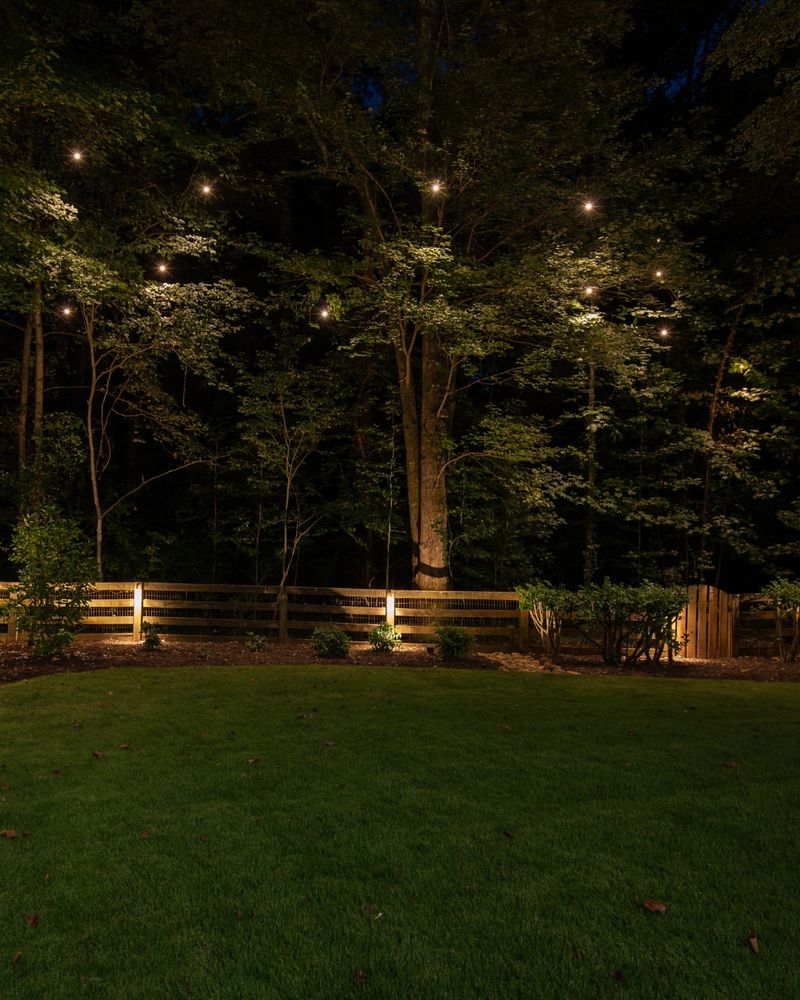
Artificial lights confuse and exhaust nocturnal insects like moths, which are important pollinators and food sources for other wildlife. Moths circle lights endlessly until they drop from exhaustion or become easy prey for predators.
Switch to motion-sensor lights or warm-colored bulbs that attract fewer insects around your Georgia home. Turn off decorative landscape lighting when you’re not actively using outdoor spaces.
Darker nights allow fireflies to find mates successfully and help moths complete their essential pollination work undisturbed.

